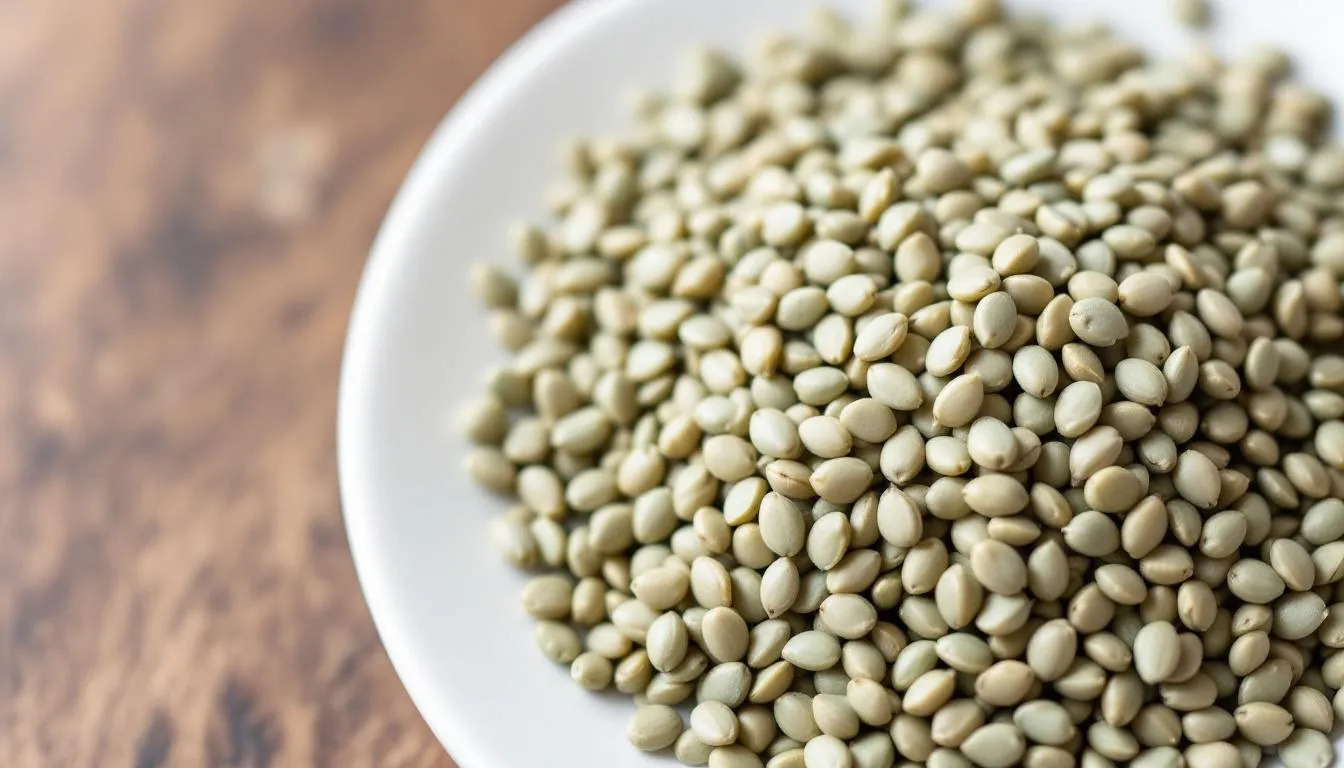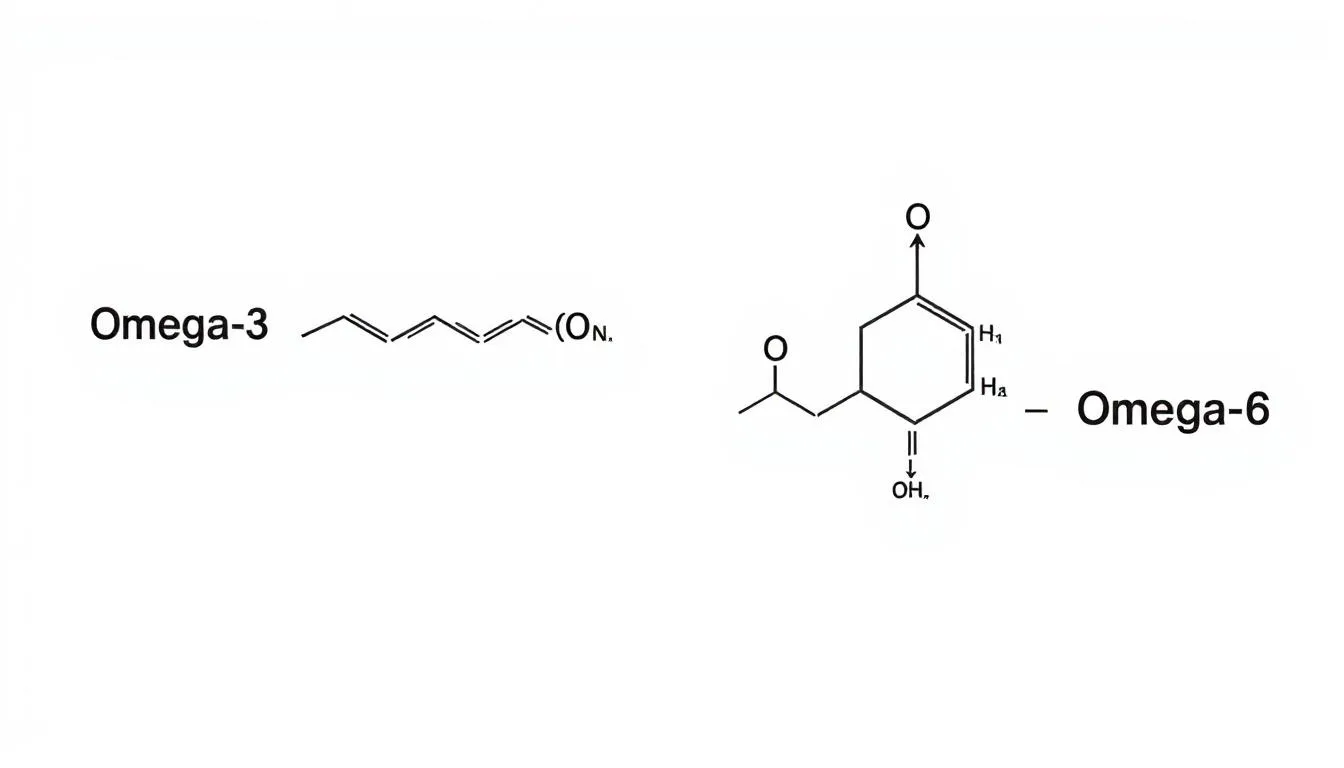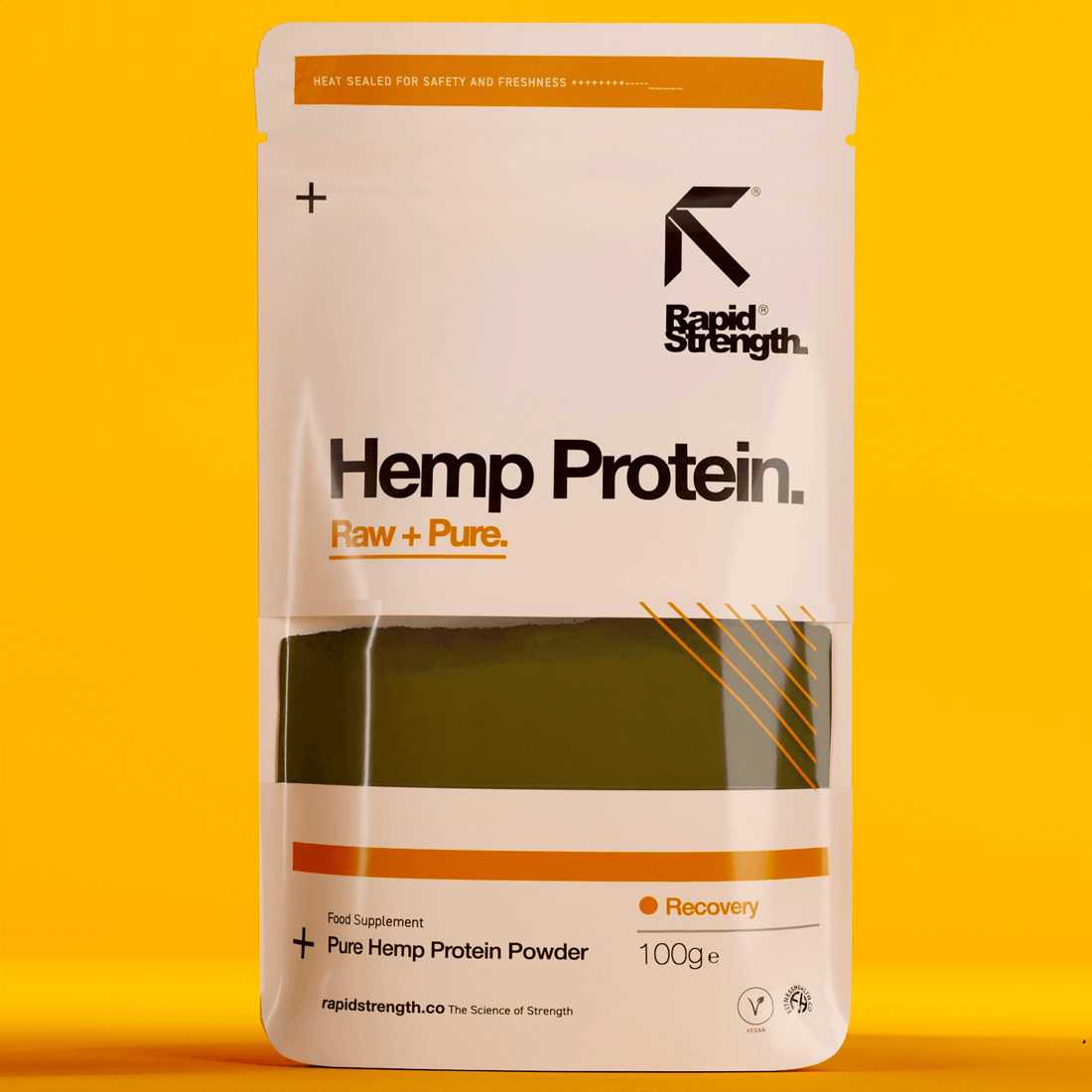Introduction to Hemp Seeds and Their Nutritional Power
Hemp seeds, which come from the remarkable Cannabis sativa plant, represent one of nature’s most nutritionally complete foods and contain only trace amounts of THC (less than 0.3%), making them completely non-psychoactive and a truly exceptional source of essential fatty acids that can support optimal health and wellbeing. Hemp is a variety of the cannabis plant, and hemp seeds come from the cannabis plant but are non-psychoactive. These tiny yet powerful seeds have been cultivated and consumed by various cultures for thousands of years, valued for their incredible nutritional density and therapeutic properties. The hemp plant is cultivated for industrial hemp, which is distinct from psychoactive cannabis varieties.
When it comes to eating hemp seeds regularly, you can expect to provide your body with numerous health benefits, including significantly improved heart health, enhanced cardiovascular function, reduced inflammation throughout the body, better brain function, and overall improved quality of life. Dietary hempseed has been studied for its potential cardiovascular and anti-inflammatory benefits. Hemp seeds may also support the immune system and help with certain skin diseases. The comprehensive nutritional profile of these seeds makes them a valuable addition to any health-conscious individual’s diet, regardless of their current fitness level or health status.
These remarkable seeds are recognized as a rich source of gamma linolenic acid (GLA) and alpha-linolenic acid (ALA), the two essential fatty acids that play crucial roles in human health, supporting everything from hormone production and immune function to skin health and cognitive performance. The unique combination of these fatty acids in hemp seeds provides a synergistic effect that amplifies their individual benefits. Omega-3 and omega-6 fatty acids compete for the same enzymes in the body, influencing the balance of beneficial long-chain fatty acids. ALA, an omega 3 fatty acid, can be converted in the body to eicosapentaenoic acid (EPA), though the conversion rate is limited.
Hemp oil and hempseed oil, which are carefully extracted from hemp seeds through cold-pressing methods, serve as incredibly valuable sources of omega-3 fatty acids and demonstrate powerful anti-inflammatory effects that can help combat chronic inflammation, support joint health, and promote overall cellular wellness. This oil has gained recognition among health professionals and nutritionists as one of the most balanced and beneficial plant-based oils available. Hempseed oil is particularly rich in linoleic acid (LA) and GLA, and reduces inflammation.
Furthermore, hemp seeds boast excellent nutritional value, featuring a perfectly balanced fatty acid composition and remarkably high levels of vitamin E, which acts as a powerful antioxidant to protect cells from oxidative damage and support healthy aging processes. Hemp seeds contain almost as much protein as soybeans and are considered a complete protein source, making them especially valuable for vegetarian and vegan diets. They are also available as protein powder for convenient supplementation. This combination of nutrients makes hemp seeds a true superfood that can contribute significantly to long-term health and vitality.
You can find hemp seeds in health food stores and online.

Comprehensive Nutrition and Composition Profile
Hemp seeds contain an impressive amount of over 30% healthy fats, featuring a naturally balanced ratio of omega-6 to omega-3 fatty acids (approximately 3:1), making them an excellent addition to a healthy diet and helping to restore the optimal fatty acid balance that modern diets often lack. This ideal ratio is particularly important because most Western diets contain excessive omega-6 fatty acids relative to omega-3s, creating inflammatory imbalances in the body. Hemp seeds are especially valued for providing the two essential fatty acids, linoleic acid (omega-6) and alpha-linolenic acid (omega-3), which are crucial for heart health and reducing inflammation.
These nutritional powerhouses provide complete protein with all essential amino acids that the human body cannot produce on its own, including the important amino acid arginine, which specifically supports heart health by promoting healthy blood flow, supporting nitric oxide production, and helping maintain optimal blood pressure levels. The protein quality in hemp seeds rivals that of many animal sources while being completely plant-based and easily digestible. In fact, hemp seeds contain almost as much protein as soybeans, making them a valuable protein source for those seeking alternatives to animal products.
Hemp seeds are recognized as a rich source of polyunsaturated fatty acids, including linoleic acid (omega-6) and alpha-linolenic acid (omega-3), which work together to support cellular membrane health, hormone production, and various metabolic processes throughout the body. These fatty acids are considered essential because the body cannot synthesize them independently and must obtain them through dietary sources.
Both whole hemp seeds and hulled hemp seeds (also known as hemp hearts) offer an impressive range of nutritional benefits, including high levels of dietary fiber that supports digestive health, healthy fats that nourish the brain and cardiovascular system, and various minerals and vitamins essential for optimal bodily function. The choice between whole and hulled seeds often depends on personal preference and specific nutritional goals.
Additionally, hemp seeds serve as an excellent plant-based protein source, making them an outstanding option for vegetarians, vegans, and anyone looking to diversify their protein intake while avoiding animal products, allergens commonly found in other protein sources, or those seeking more sustainable nutrition options. Hemp seeds are also available as protein powder, providing a convenient and nutrient-rich supplement for those seeking plant-based protein alternatives.

Top 5 Health Benefits of Hemp Seeds Omega 3
1. Powerful Anti-Inflammatory Effects and Chronic Disease Prevention
The extensive health benefits of hemp seeds include their remarkable ability to reduce inflammation throughout the body, which represents one of the most significant therapeutic effects these seeds can provide for long-term health and disease prevention. Hemp seeds contain nutrients that actively reduce inflammation, making them especially valuable for those seeking natural ways to manage chronic inflammatory conditions. Chronic inflammation has been linked to virtually every major health condition, making the anti-inflammatory properties of hemp seeds particularly valuable for overall wellness.
Regular consumption of hemp seeds can help dramatically lower blood pressure levels, reduce C-reactive protein (a key marker linked to heart disease and systemic inflammation), and improve various skin conditions like atopic dermatitis, eczema, and other inflammatory skin disorders. These effects are largely attributed to the unique combination of omega-3 fatty acids and gamma-linolenic acid (GLA) found in hemp seeds. Dietary hempseed has also been studied for its effects on inflammation and cardiovascular health, highlighting its potential role in disease prevention.
Hemp seeds demonstrate powerful anti-inflammatory effects throughout the body, which can help significantly reduce the risk of developing chronic diseases, including coronary artery disease, cardiovascular disease, type 2 diabetes, certain cancers, and neurodegenerative conditions. These anti-inflammatory properties may also help support the immune system, contributing to overall health. The omega-3 fatty acids in hemp seeds work at the cellular level to modulate inflammatory pathways and promote healing.
In addition to improving general skin health, hemp seeds may help with certain skin diseases by alleviating symptoms and supporting the skin’s natural barrier function.
2. Enhanced Brain Health and Cognitive Function
The omega-3 fatty acids found abundantly in hemp seeds provide crucial support for brain health and cognitive function, making them an invaluable addition to any diet focused on maintaining mental clarity, memory, and overall neurological health throughout the aging process. The brain is composed largely of fatty acids, making dietary omega-3s essential for optimal brain function.
Research suggests that regular consumption of hemp seeds may help improve memory formation and retention, enhance focus and concentration, support healthy mood regulation, and potentially reduce the risk of age-related cognitive decline and neurodegenerative diseases. The alpha-linolenic acid (ALA) in hemp seeds can be converted to eicosapentaenoic acid (EPA) and docosahexaenoic acid (DHA), the forms of omega-3s most readily used by the brain.
3. Hormonal Balance and Women's Health Support
Hemp seeds may provide significant help in managing PMS and menopause symptoms, thanks to their exceptionally high levels of gamma-linolenic acid (GLA), a unique omega-6 fatty acid that plays a crucial role in hormone production and regulation throughout a woman's life. GLA is particularly effective at helping balance hormones naturally.
The GLA in hemp seeds can help reduce breast tenderness, mood swings, cramping, and other uncomfortable symptoms associated with hormonal fluctuations, while also supporting overall reproductive health and hormonal balance in both men and women. This makes hemp seeds particularly valuable for women experiencing hormonal transitions or imbalances.
4. Superior Heart Health and Cardiovascular Protection
The omega-3 fatty acids in hemp seeds provide exceptional support for heart health by reducing inflammation in blood vessels, improving overall blood vessel function, promoting healthy circulation, and supporting optimal cardiovascular performance. These effects work together to create comprehensive cardiovascular protection, and research suggests that hemp seeds may also help manage high blood pressure.
Eating hemp seeds regularly can help lower blood pressure naturally, reduce blood pressure through vasodilation and anti-inflammatory effects, reduce the risk of developing heart disease, prevent dangerous blood clots from forming, and support overall cardiovascular health through multiple mechanisms. The combination of omega-3s, arginine, and other heart-healthy compounds in hemp seeds creates a powerful cardioprotective effect.
5. Complete Protein Support for Muscle Health and Recovery
Hemp seeds provide complete protein containing all essential amino acids needed for muscle building, repair, and maintenance, making them an excellent choice for athletes, active individuals, and anyone looking to support lean muscle mass and recovery. The protein in hemp seeds is highly bioavailable and easily digestible.
The protein content in hemp seeds supports muscle protein synthesis, aids in post-workout recovery, helps maintain lean body mass during weight loss, and provides sustained energy for daily activities. This makes hemp seeds particularly valuable for those following plant-based diets or looking to diversify their protein sources.

Comparison to Other Nutritional Powerhouses
When comparing nutritional profiles, hemp seeds demonstrate higher nutritional value than many popular seeds like chia seeds, providing more complete protein, a better fatty acid composition, and superior mineral content that makes them a more comprehensive nutritional choice. While chia seeds are excellent sources of omega-3s, hemp seeds offer a more balanced overall nutritional profile.
Compared to fish oil supplements, hemp seed oil represents a more sustainable and environmentally friendly source of omega-3 fatty acids, while also providing additional nutrients like GLA that are not found in fish oil, making it a more comprehensive omega fatty acid source. Hemp seed oil also avoids concerns about mercury contamination and overfishing that are associated with fish-derived omega-3s.
Hemp seeds prove to be a more versatile ingredient than flaxseeds, featuring a pleasant nutty flavor and a much wider range of culinary uses, while also providing better digestibility and nutrient absorption without requiring grinding. Unlike flaxseeds, hemp seeds can be eaten whole and still provide excellent nutrient bioavailability.
As a rich source of essential fatty acids, hemp seeds make an excellent addition to any balanced diet, providing nutrients that are often lacking in modern food systems while supporting multiple aspects of health simultaneously. Their versatility makes them easy to incorporate into various meals and snacks.
Hemp seeds can be used to create delicious homemade hemp milk, which serves as an excellent dairy-free alternative to traditional milk, providing omega-3 fatty acids, complete protein, and various minerals while being naturally free from lactose, casein, and other common allergens found in dairy products.
Culinary Uses: Delicious Ways to Enjoy Hemp Seeds
Hemp seeds are a culinary powerhouse, offering a delightful nutty flavor and a wealth of essential fatty acids that make them a perfect addition to a variety of dishes. Whether you prefer to eat hemp seeds raw, cooked, or roasted, their versatility in the kitchen is unmatched. Sprinkle hemp seeds over your morning oatmeal or yogurt for a satisfying crunch and a boost of healthy fats, or blend them into smoothies for a creamy texture and extra nutrition.
For those who enjoy homemade plant-based alternatives, hemp seeds can be easily transformed into homemade hemp milk—a creamy, dairy-free beverage rich in omega-3 fatty acids and essential nutrients. Simply blend hulled hemp seeds with water and strain for a refreshing hemp milk that can be enjoyed on its own or added to coffee, cereal, or baking recipes.
Hemp seeds also shine as a topping for salads, grain bowls, and roasted vegetables, adding both flavor and nutritional value. They can be mixed into trail mix for a portable snack or incorporated into baked goods like muffins, energy bars, and breads. If you’re looking for a substitute for chia seeds, hemp seeds offer a similar texture and nutritional profile, making them an excellent alternative in puddings, overnight oats, and other recipes.
Don’t forget about hemp seed oil, which can be drizzled over finished dishes to impart a rich, nutty flavor and a dose of essential fatty acids. Use hemp seed oil as a finishing touch on salads, roasted vegetables, or even pasta to elevate both taste and nutrition. With so many delicious ways to enjoy hemp seeds, it’s easy to incorporate their health benefits into your daily meals.
Heart Health and Cardiovascular Benefits
The abundant omega-3 fatty acids in hemp seeds provide comprehensive support for heart health by reducing inflammation throughout the cardiovascular system, improving blood vessel function and flexibility, and promoting healthy circulation that supports optimal heart performance and longevity. These effects work synergistically to create powerful cardiovascular protection.
Regular consumption of hemp seeds can help naturally lower blood pressure levels, significantly reduce the risk of developing heart disease, prevent the formation of dangerous blood clots, and support overall cardiovascular health through multiple protective mechanisms. The combination of omega-3s, magnesium, and other heart-healthy nutrients creates comprehensive cardiovascular support.
Hemp seeds serve as a rich source of alpha-linolenic acid (ALA), which extensive research has shown can reduce the risk of coronary heart disease, support healthy cholesterol levels, and promote overall cardiovascular wellness when consumed as part of a balanced diet. ALA conversion to EPA and DHA in the body provides additional cardiovascular benefits.
The essential fatty acids found in hemp seeds also support important cardiac and haemostatic effects, helping maintain proper blood clotting function, supporting healthy blood flow, and making them a valuable addition to any heart-healthy diet focused on long-term cardiovascular wellness. These effects contribute to overall circulatory health and reduced cardiovascular risk.
Furthermore, hemp seeds may help significantly reduce the risk of cardiovascular disease development due to their exceptionally high levels of polyunsaturated fatty acids, which work to improve lipid profiles, reduce arterial inflammation, and support healthy blood vessel function throughout the cardiovascular system.

Sustainability and Environmental Benefits
Hemp represents one of the most sustainable crops available to modern agriculture, requiring minimal water resources, no pesticides or herbicides, and actually improving soil health while growing, making it an incredibly environmentally friendly source of omega-3 fatty acids and complete nutrition. This sustainability makes hemp seeds an excellent choice for environmentally conscious consumers.
Hemp seeds provide a rich source of essential fatty acids while supporting sustainable agriculture practices, making them a valuable addition to any balanced diet that considers both personal health and environmental impact. The cultivation of hemp actually helps restore degraded soils and supports biodiversity.
The production of hemp seeds has a dramatically lower environmental impact than the production of fish oil supplements, requiring no fishing industry resources, creating no ocean pollution, and making it a much more sustainable option for obtaining omega-3 fatty acids. This makes hemp seeds an excellent choice for those concerned about marine ecosystem health.
Hemp seeds serve as a versatile ingredient that can be used in an enormous range of culinary applications, from smoothies and salads to baked goods and main dishes, reducing food waste and supporting sustainable agriculture practices while providing exceptional nutrition. Their long shelf life and versatility make them an excellent pantry staple.
Finally, hemp seeds represent a rich source of nutrients that makes them a valuable addition to any healthy diet while supporting sustainable health practices, environmental stewardship, and long-term planetary wellness for future generations. Choosing hemp seeds represents a decision that benefits both personal health and environmental sustainability.
Conclusion: Embracing Hemp Seeds Omega 3 for Better Wellbeing
In summary, hemp seeds are a nutritional treasure trove that can play a transformative role in supporting your overall wellbeing. Packed with essential fatty acids such as alpha-linolenic acid and linoleic acid, hemp seeds deliver powerful health benefits—from reducing inflammation and supporting heart health to enhancing brain function and lowering the risk of chronic diseases like coronary artery disease and cardiovascular disease.
The omega-3 fatty acids found in hemp seeds and hemp seed oil are vital for human health, contributing to improved cardiovascular function, balanced cholesterol levels, and optimal brain performance. Their excellent nutritional value, combined with their versatility in the kitchen, makes it easy to eat hemp seeds as part of a balanced diet—whether you enjoy them raw, roasted, blended into homemade hemp milk, or as a finishing oil on your favorite dishes.
By choosing to eat hemp seeds and incorporate hemp seed oil into your meals, you’re not only nourishing your body with high-quality fatty acids and plant-based protein, but also taking proactive steps to reduce inflammation and support long-term heart health. With their impressive nutritional value and delicious nutty flavor, hemp seeds are a simple yet powerful way to enhance your diet and promote better wellbeing. Embrace the benefits of hemp seeds and their omega-3 fatty acids today, and experience firsthand how this remarkable ingredient can help you achieve a healthier, more vibrant life.











